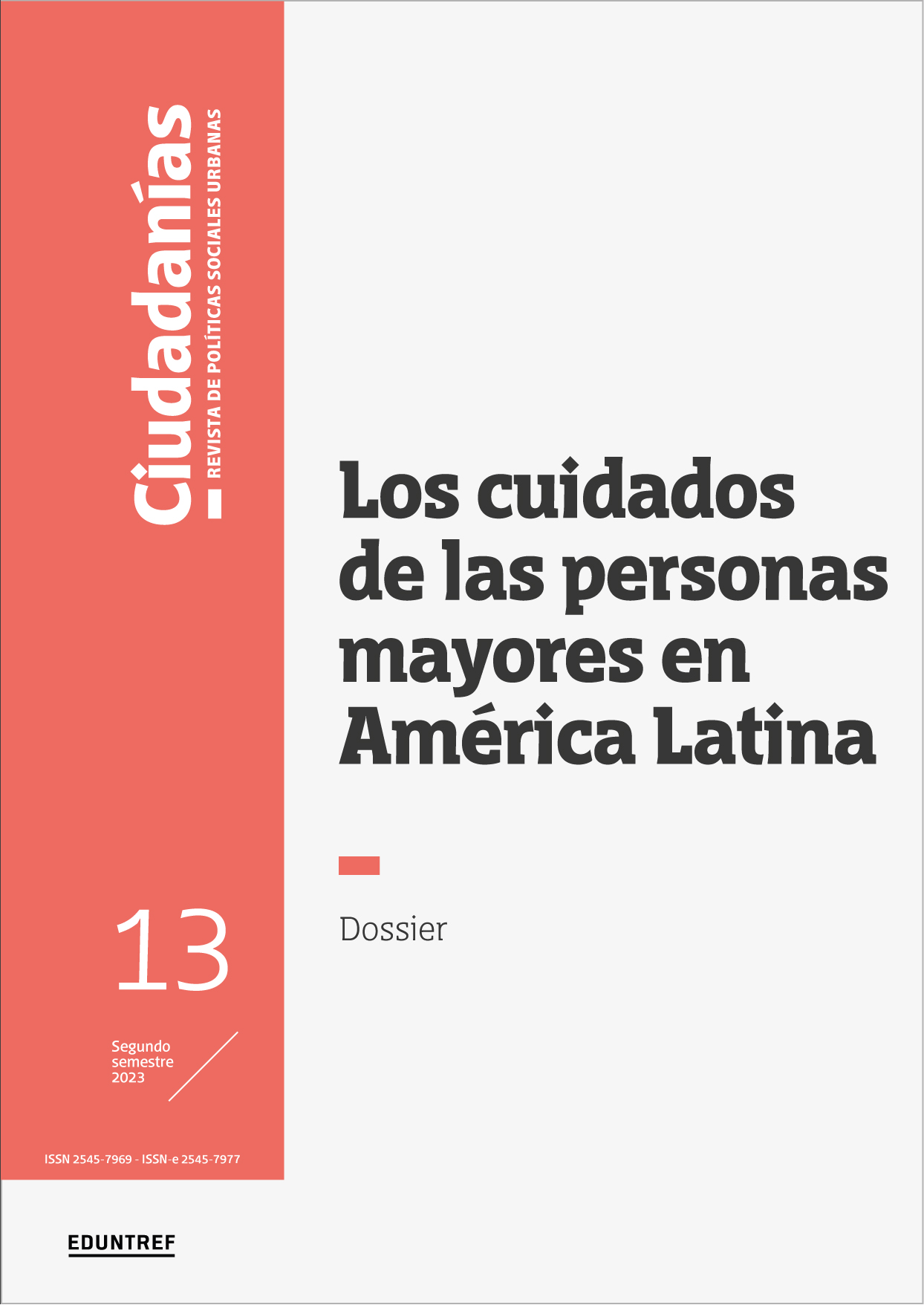Abstract
Demographic ageing is a challenge for societies to guarantee access to care and to improve social welfare and health systems in order to improve the quality of life for old persons. In Argentina and Spain, family ties play a preponderant role in the care of old persons where a familistic model of welfare provision prevails, which delegates the care to the women in the family. This paper aims to compare care policies for old persons in Argentina and Spain, taking into account the Law for the Promotion of Personal Autonomy and Care for People in a Situation of Dependence (LAPAD) in Spain and the recent draft Law on Equal Care ( Integral Care Policy System of Argentina).

